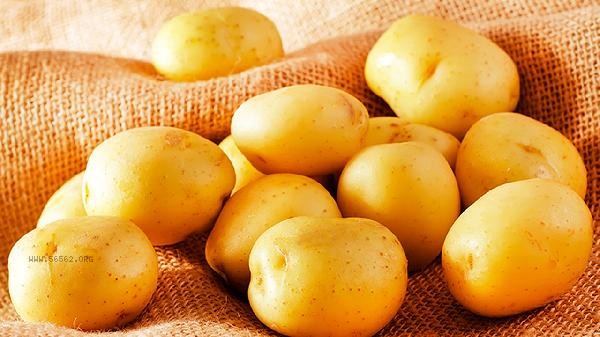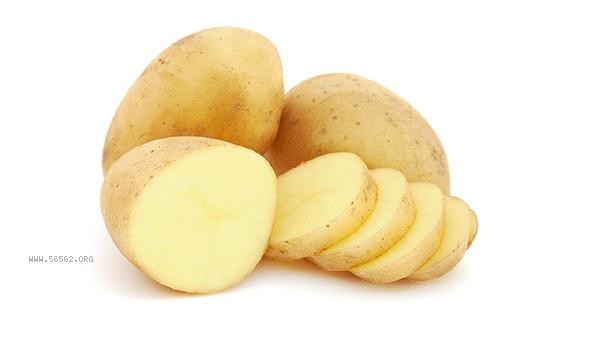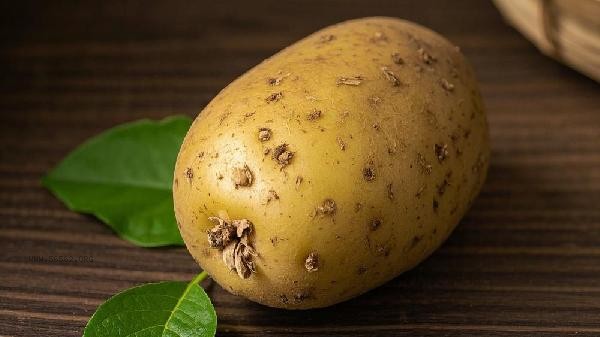Potato germination can usually be prevented by storing at low temperatures and avoiding light, isolating oxygen, avoiding damage, controlling humidity, and using natural germination inhibitors. Sprouted potatoes may produce solanine, which can cause gastrointestinal discomfort and even poisoning when consumed.

1. Low temperature and dark storage
Store potatoes in a cool and ventilated place, with a temperature controlled at 4-8 degrees Celsius. A basement or refrigerator is an ideal choice, but care should be taken to avoid freezing and starch conversion. Light can accelerate the synthesis of chlorophyll in potato skin and promote bud germination. It is recommended to cover it with a black plastic bag or cardboard box.
2. Oxygen isolation
Using vacuum sealed bags or cling film wrapping can effectively delay germination. Storing potatoes together with apples or bananas can inhibit the division of bud eye cells due to the ethylene gas released by the fruit. When storing in the cellar, it can be covered with dry sand and kept at a thickness of more than 10 centimeters to block air circulation.
3. Avoid damage
When harvesting and transporting, handle with care. Potatoes with damaged skin should be consumed first. Remove individuals with mechanical injuries before storage, as the wound will accelerate water loss and become a pathway for mold invasion. Wear cotton gloves during sorting to reduce small cracks caused by skin friction.

4. Control humidity
It is best to maintain a relative humidity of 85% -90% in the environment. Being too dry can cause wrinkling, while high humidity can easily lead to mold growth. Food grade desiccants can be placed in storage boxes for regular inspection and replacement. Laying charcoal or quicklime on the bottom of the pottery jar can regulate local humidity, but be careful to avoid direct contact with potatoes.
5. Natural sprout suppressant
Aromatic plants such as mint leaves and laurel leaves contain sprout suppressants. Mix 5-8 fresh leaves per kilogram of potatoes. The alkaline environment of plant ash can inhibit bud germination, and a thin layer can be applied during treatment. Purple skinned potatoes are more resistant to storage than yellow skinned varieties, and their anthocyanins have natural antibacterial properties. Sprouted potatoes should have their bud holes and surrounding tissues thoroughly removed, and any flesh that has turned green should be cut off to a thickness of more than 1 centimeter. When cooking, it is recommended to use vinegar or stew methods, as acidic environments can partially decompose solanine. The fundamental method to avoid long-term storage risks is to purchase in small quantities multiple times and plan the usage reasonably. Special groups such as pregnant women and children should avoid consuming potatoes stored for more than two months.










Comments (0)
Leave a Comment
No comments yet
Be the first to share your thoughts!